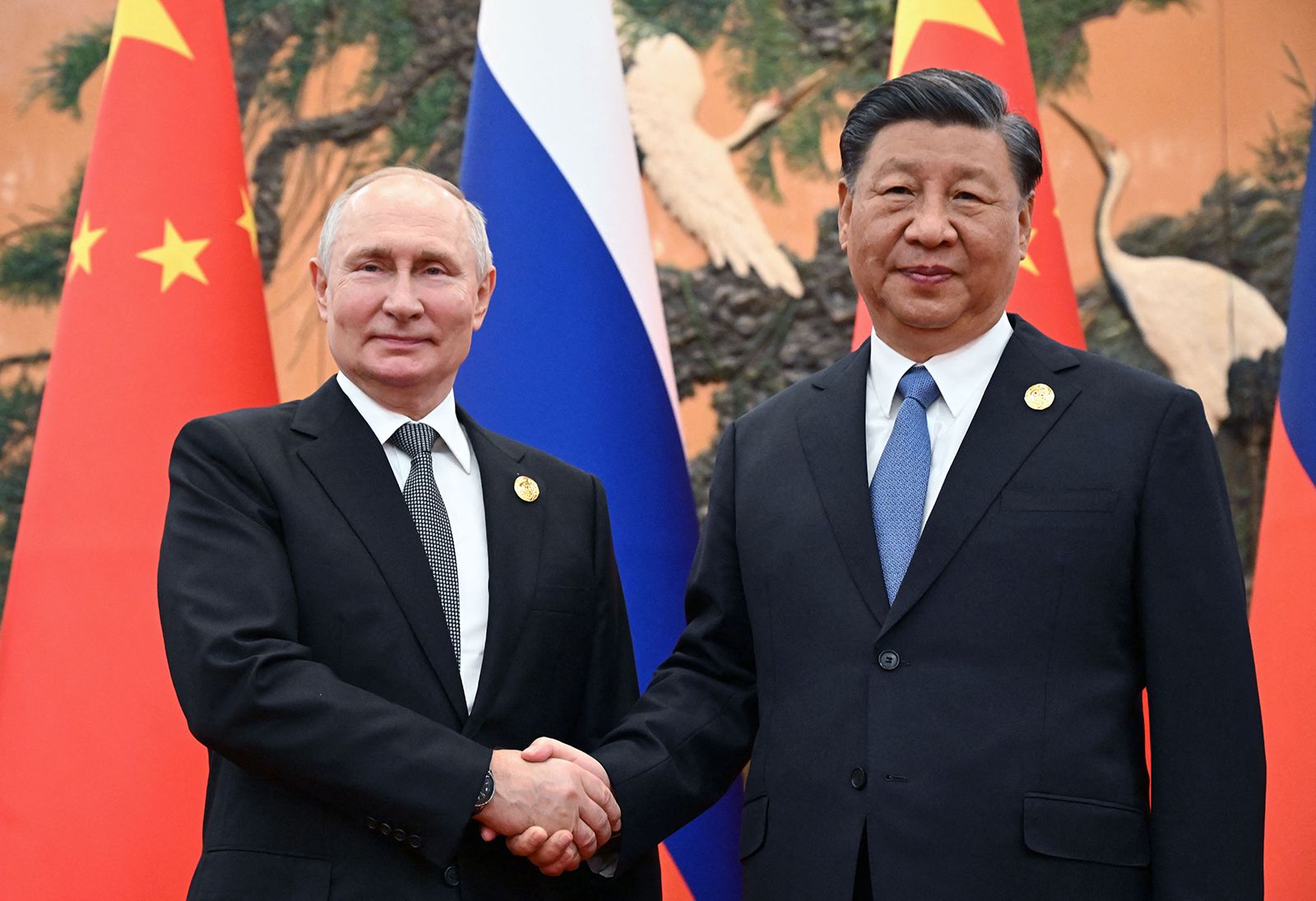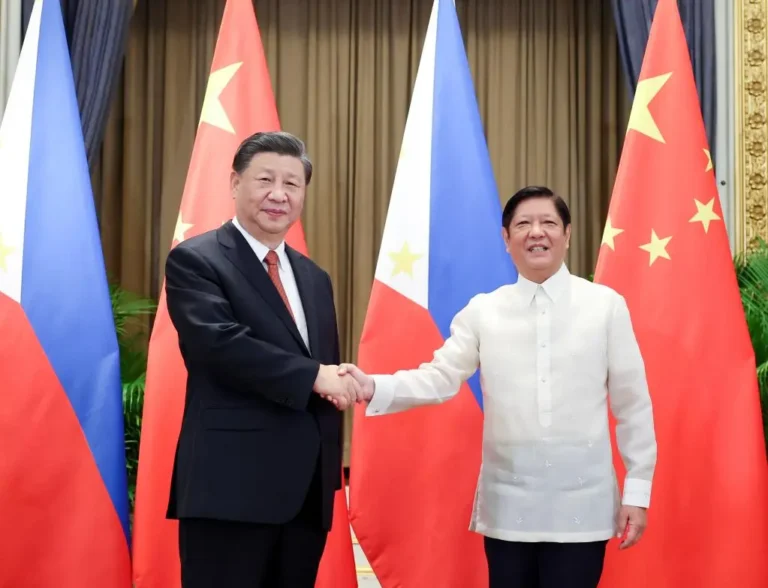The overall geopolitical landscape of East Asia is shifting rapidly with the deepening of military ties between China and Russia and is sending shockwaves through the geopolitical environment worldwide. The nature of this partnership is especially troubling concerning Taiwan, a liberal democracy, and independent state, as China considers it to be a breakaway province that needs to be reunified with the mainland.
The strategic collaboration between China and Russia increases the stakes for Taiwan, the US and its allies that support its independence. This paper will explore the historical background, driving forces, and contemporary nature of the China-Russia partnership and analyze the possible implications for the Taiwan conflict.
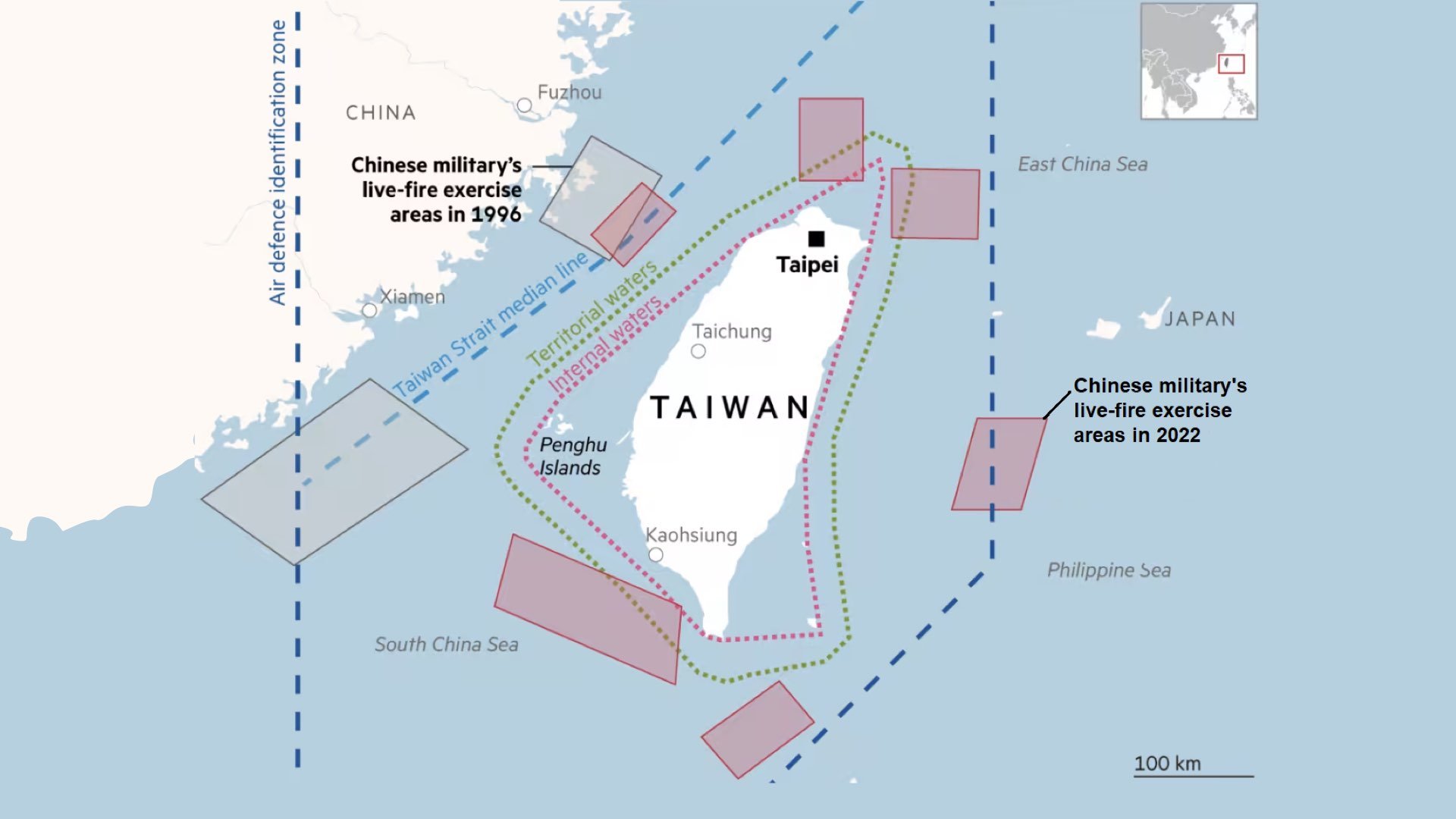
Historical Context of China-Russia Relations
Post-Cold War Alignment
In conclusion, it is argued that the historical relationship between China and Russia has been complex due to their deeply suspicious and ideological nature during the Cold War. The collapse of the Soviet Union allowed the two to renew their relationship, especially as their common interests were directed towards counteracting Western dominance in the global arena.
Border Disputes Resolved
In the late 1990s and early 2000s, China and Russia resolved long-standing border disputes, removing a significant obstacle to cooperation. Their partnership grew as they both sought to leverage their vast natural resources and complementary economies.
The Shanghai Cooperation Organization
The establishment of the Shanghai Cooperation Organization (SCO) in 2001, which included Central Asian states, marked a new era of security cooperation between China and Russia. The SCO was founded on principles of regional security, economic development, and counterterrorism, signaling a mutual desire to counter Western influence.
Current State of China-Russia Military Cooperation
Joint Military Exercises
Over the past decade, joint military exercises between China and Russia have increased significantly in scope and scale. The “Vostok 2018” exercise was particularly notable, as it involved over 300,000 troops and was the largest military exercise conducted by Russia in decades. China’s participation was unprecedented, reflecting a growing level of strategic trust.
Defense Technology Collaboration
China and Russia have also been cooperating closely in the field of defense technology, with Russia providing China with advanced weapon systems, including the S-400 air defense system and Su-35 fighter jets. In turn, China has shared its progress in drone technology and other military advancements, further strengthening their partnership.
Intelligence Sharing and Cybersecurity
In addition to military exercises and arms deals, intelligence sharing and cybersecurity cooperation have also emerged as key areas of collaboration. Both nations have pledged to strengthen their defenses against perceived Western cyber threats and have advocated for a new international cybersecurity framework.
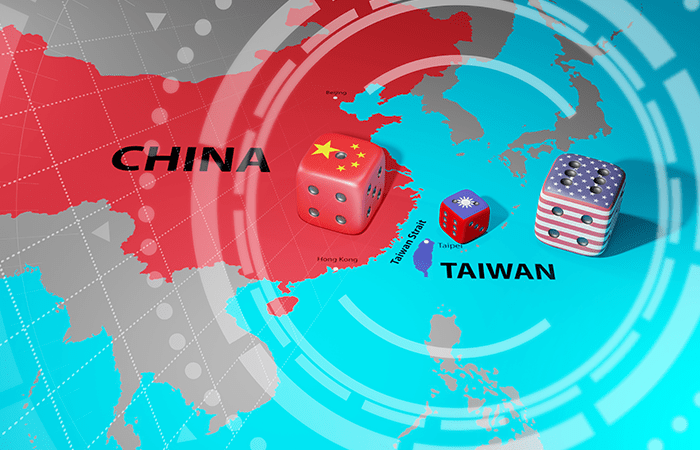
Motivations Behind the Closer Collaboration
Counterbalancing the United States
A primary motivation for the growing China-Russia partnership is to counterbalance the strategic influence of the United States and its allies in global politics. Both Beijing and Moscow perceive U.S. policies as threatening their regional interests and global ambitions, particularly in the Asia-Pacific and Eastern European regions.
Regional Security Concerns
China and Russia have mutual concerns regarding regional security. For China, securing wd bos Taiwan and controlling the South China Sea are paramount, while Russia is focused on maintaining influence over its near abroad, particularly Ukraine and the Arctic. By working together, they seek to reinforce each other’s regional objectives.
Economic Benefits
Economic considerations also underpin the partnership. Russia has become a critical energy supplier to China, and both nations have collaborated on major infrastructure projects like oil pipelines and railways, fostering mutual economic dependence. They aim to build an economic network that can withstand Western sanctions.
The Taiwan Factor
China’s Long-Standing Claim
China’s leadership has consistently maintained that Taiwan is an inalienable part of China, viewing it as a breakaway province. Beijing has repeatedly stated that it will not hesitate to use military force to achieve reunification if necessary.
Growing Tensions
Tensions around Taiwan have escalated significantly in recent years due to increasing diplomatic engagement between Taiwan and Western nations, particularly the United States. China views these interactions as a direct challenge to its sovereignty claims.
Russia’s Stance on Taiwan
Russia has supported China’s position on Taiwan, affirming Beijing’s claims and criticizing any attempts by external powers to interfere in the matter. Moscow’s diplomatic backing provides China with a strategic advantage in the international arena.
Implications of China-Russia Cooperation for Taiwan
Potential Military Encirclement
Joint China-Russia military exercises in the Pacific and their growing naval capabilities pose a significant challenge to Taiwan’s security. If China and Russia coordinate their naval and air forces, it could effectively encircle Taiwan and complicate its defense.
Intelligence and Surveillance
Improved intelligence-sharing capabilities between China and Russia could enhance China’s surveillance of Taiwan. This increased intelligence capacity would make it harder for Taiwan to defend itself against potential Chinese aggression.
Psychological Warfare
The psychological impact of a united China-Russia front on Taiwan’s populace should not be underestimated. The notion of two military powers working together against a single target can erode public confidence and strengthen China’s psychological warfare efforts.
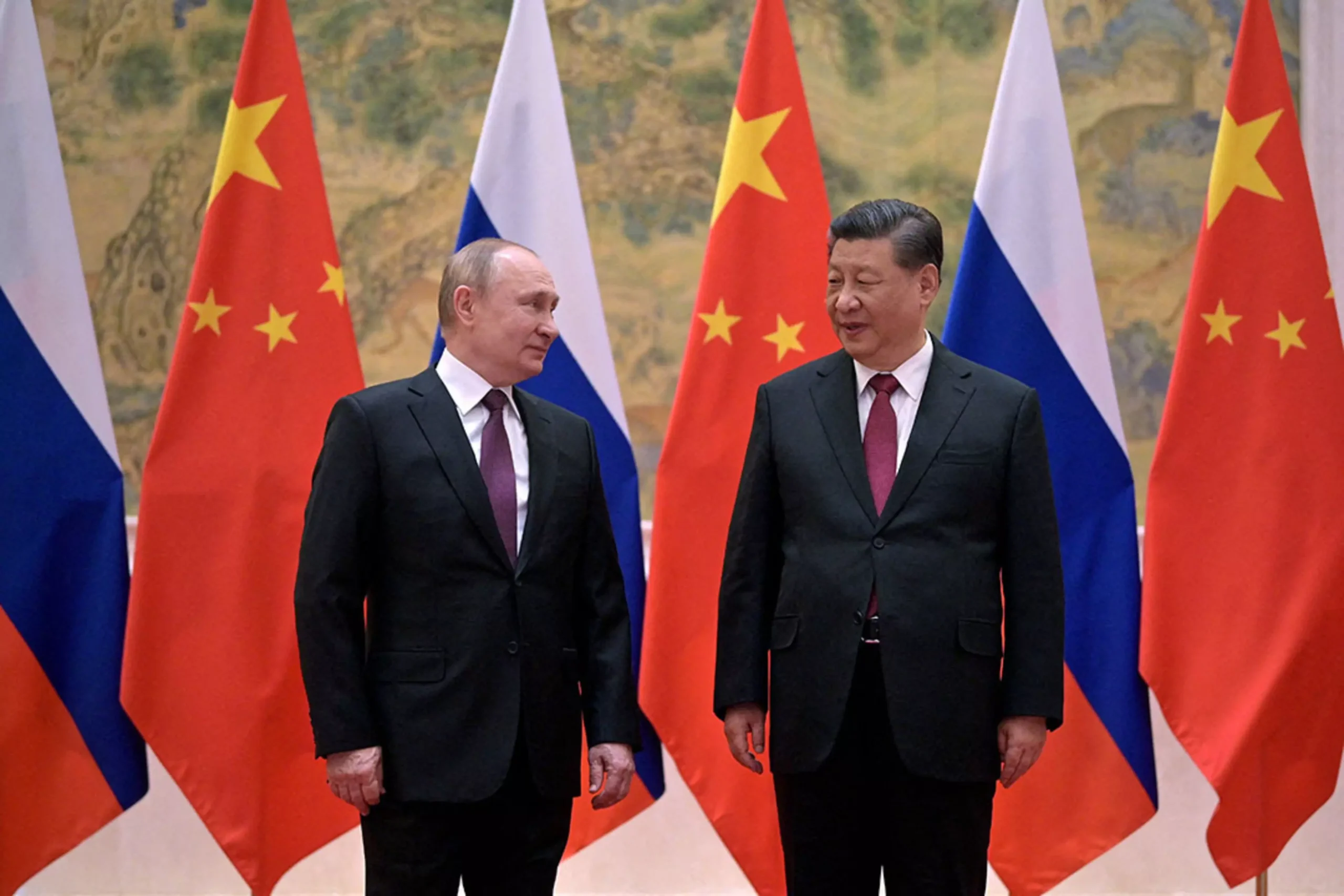
Global Strategic Implications
Straining U.S. Alliances
The growing partnership between China and Russia poses a direct challenge to U.S. alliances in the Indo-Pacific and Europe. Regional allies like Japan, South Korea, and Australia may find it increasingly challenging to balance their economic ties with China and their security obligations to the United States.
NATO and European Security
European security could be affected as well, particularly with NATO increasingly viewing China as a potential security challenge. Russia’s military activities in Eastern Europe, combined with China’s growing influence, could complicate NATO’s strategic planning.
Arms Race and Militarization
The closer military cooperation between China and Russia may accelerate an arms race and encourage further militarization in regions like the Indo-Pacific and Arctic. This would make the global security environment even more precarious.
Countermeasures and Response Strategies
Strengthening Regional Alliances
The United States and its allies should continue strengthening regional alliances, including the Quad (United States, India, Japan, and Australia) and AUKUS (Australia, United Kingdom, and United States), to balance China’s influence and deter potential military action.
Enhancing Defense Capabilities
Taiwan should continue modernizing its military capabilities and investing in asymmetric warfare strategies, which focus on leveraging advanced technology to offset China’s numerical superiority.
Diplomatic Engagement
Global diplomatic efforts should seek to reduce tensions through open dialogue while reaffirming support for Taiwan’s democracy and international participation. At the same time, confidence-building measures between the U.S., China, and Russia could help avoid unintended military confrontations.
Conclusion
The military cooperation between China and Russia is a deepening challenge for Taiwan and the rest of the world. Not only is it a direct threat to the country’s sovereignty as it increases China’s ability to actually carry out attacks against Taiwan, but a major blow to global stability. To protect the peace of the Taiwan Strait and uphold the principles of international law, the global response to these events is crucial. The very reason behind this alliance may allow for a path through deterrence diplomacy with careful consideration of legal standards to prevent the situation from exacerbating.
If you found this analysis insightful, consider reading our article on Foundation, which delves deeper into understanding the principles that underpin stable international relationships and cooperation.











